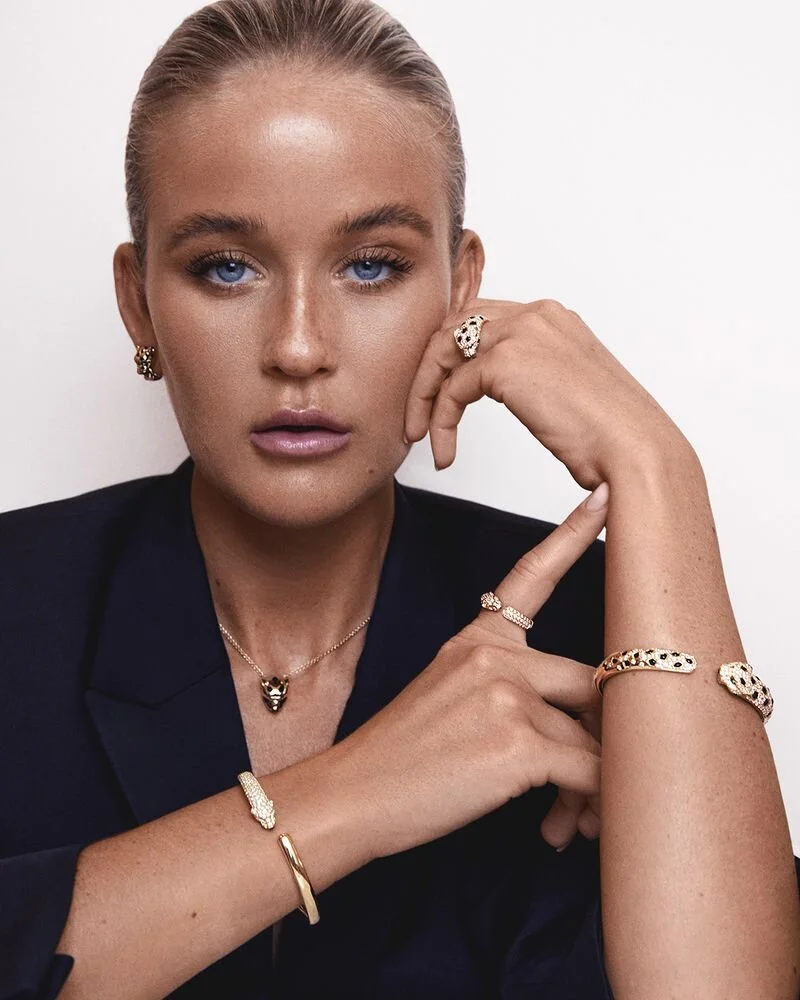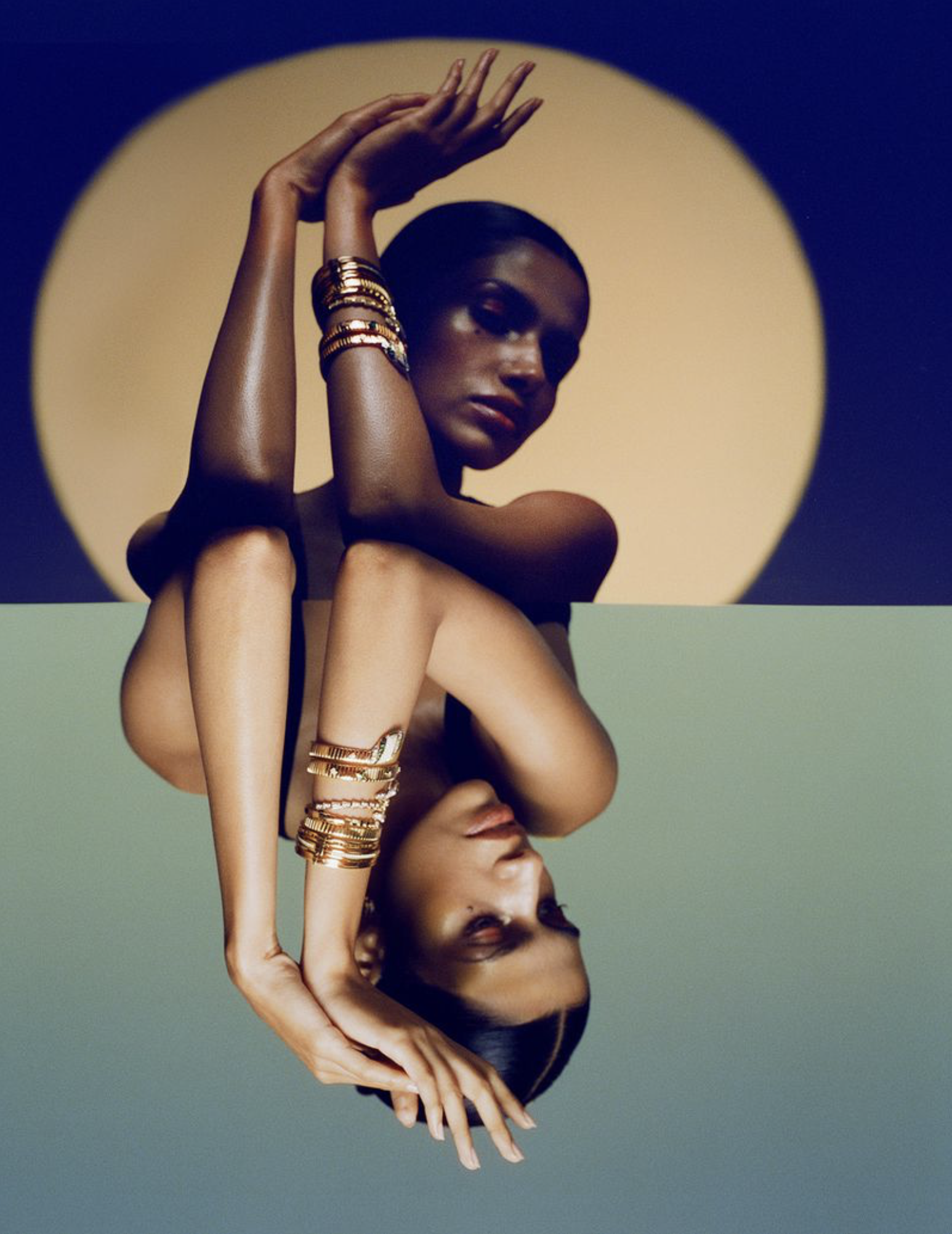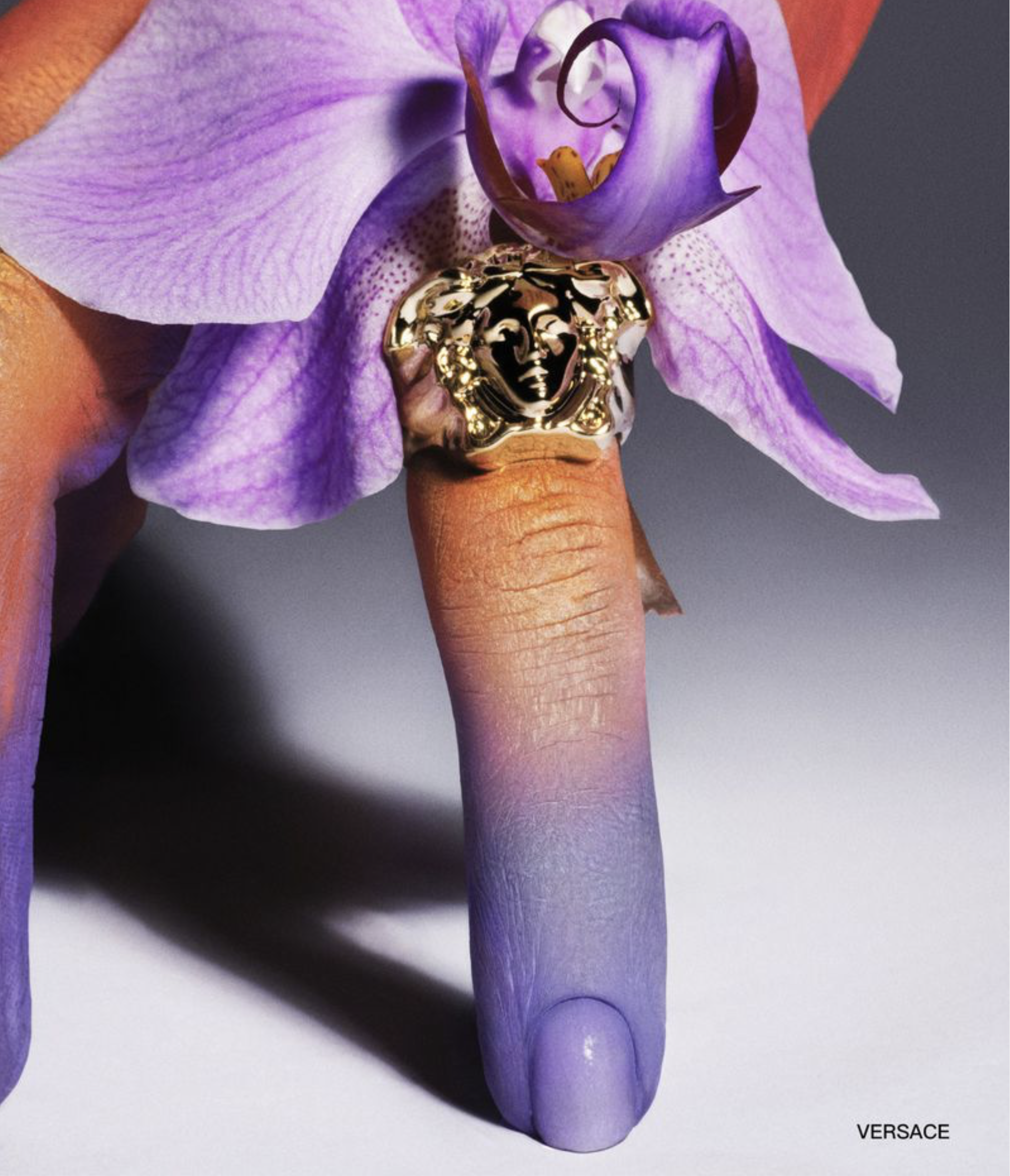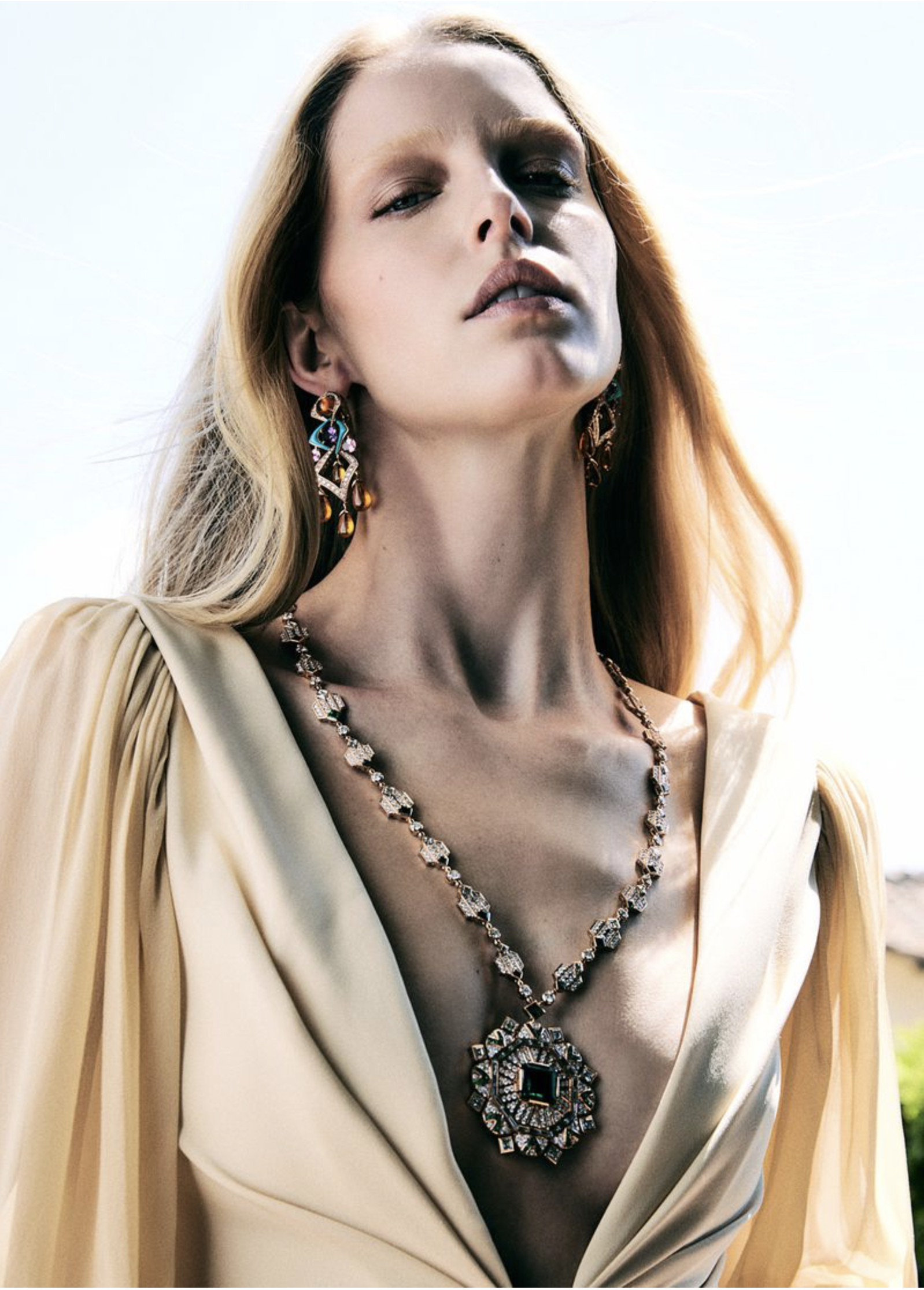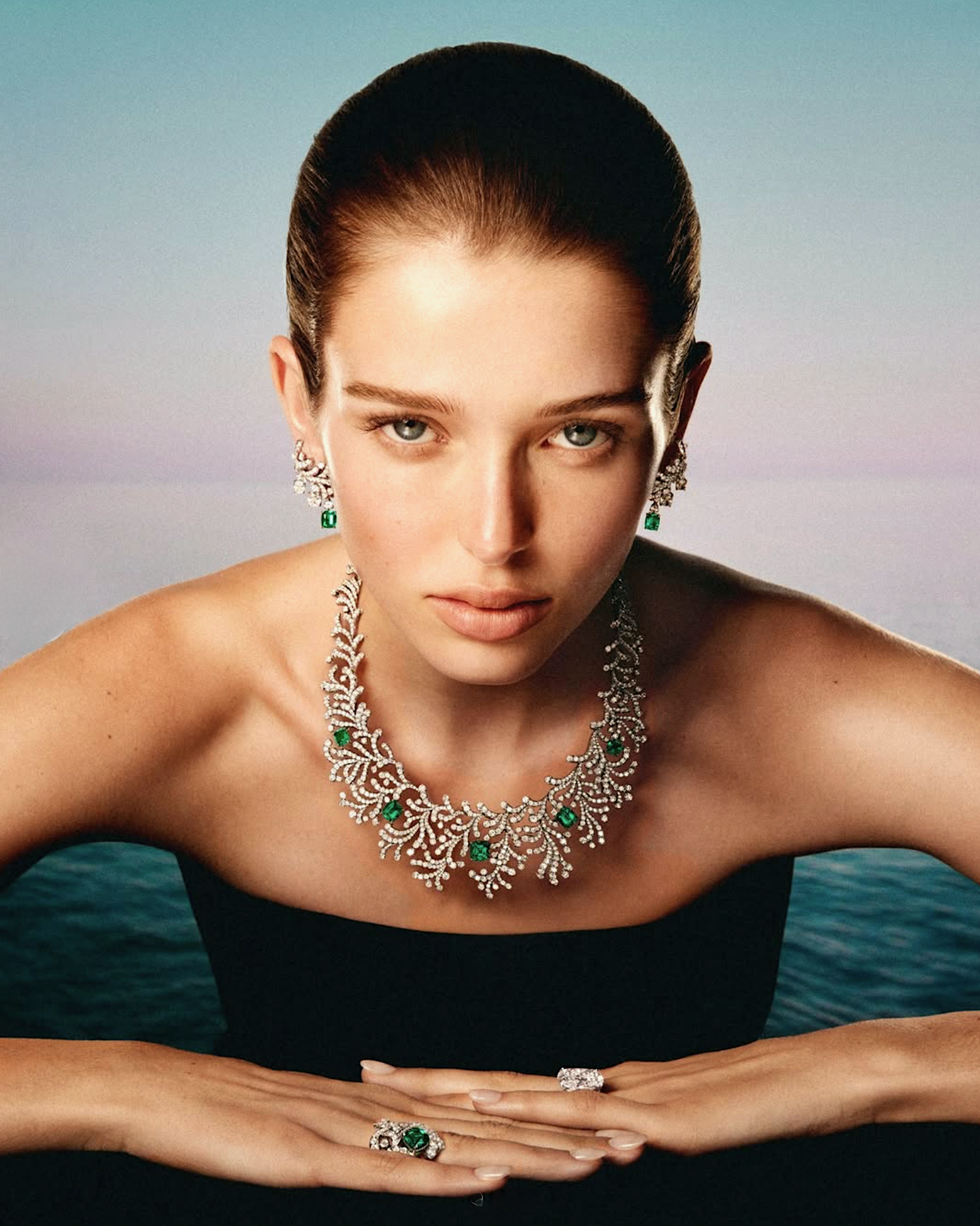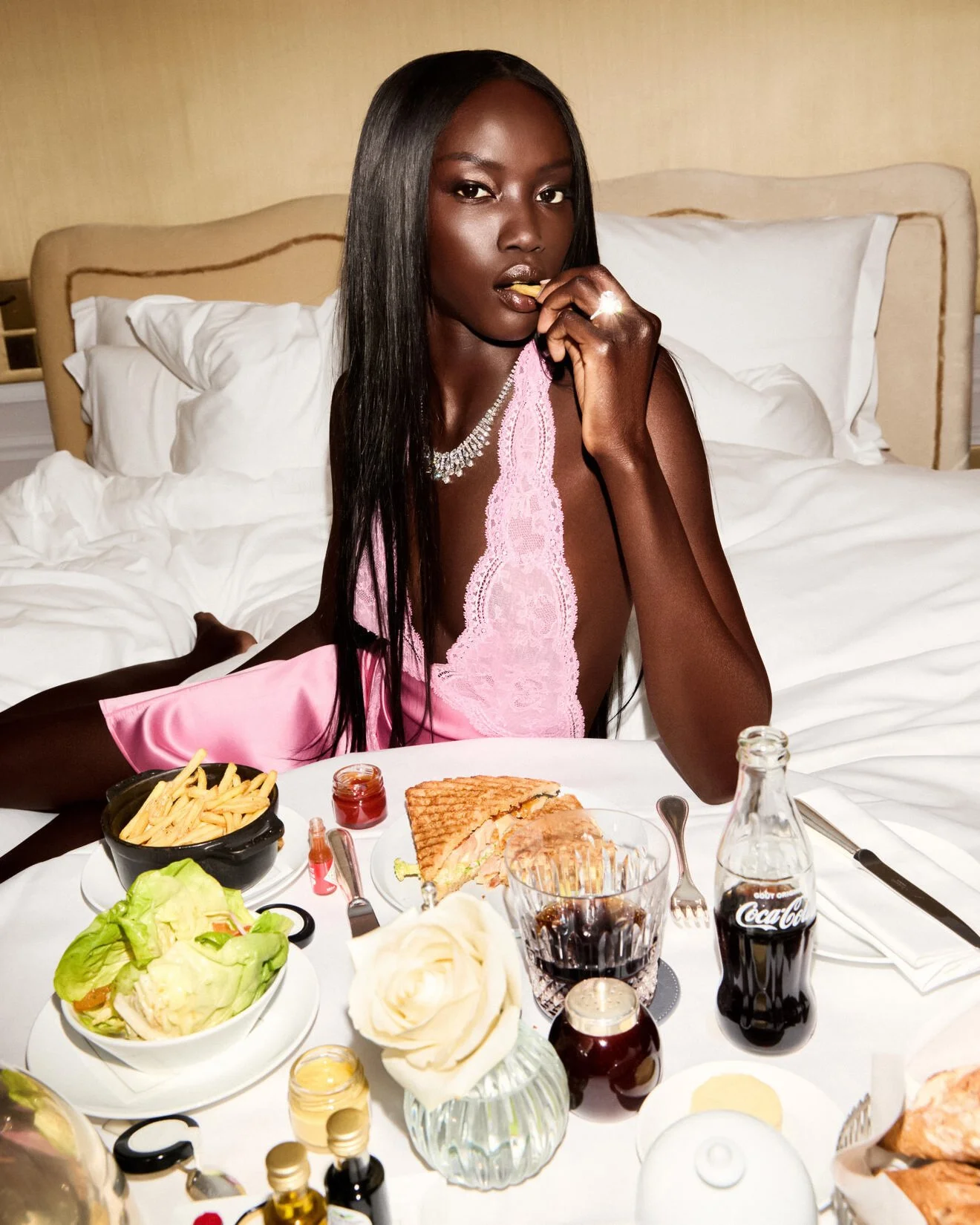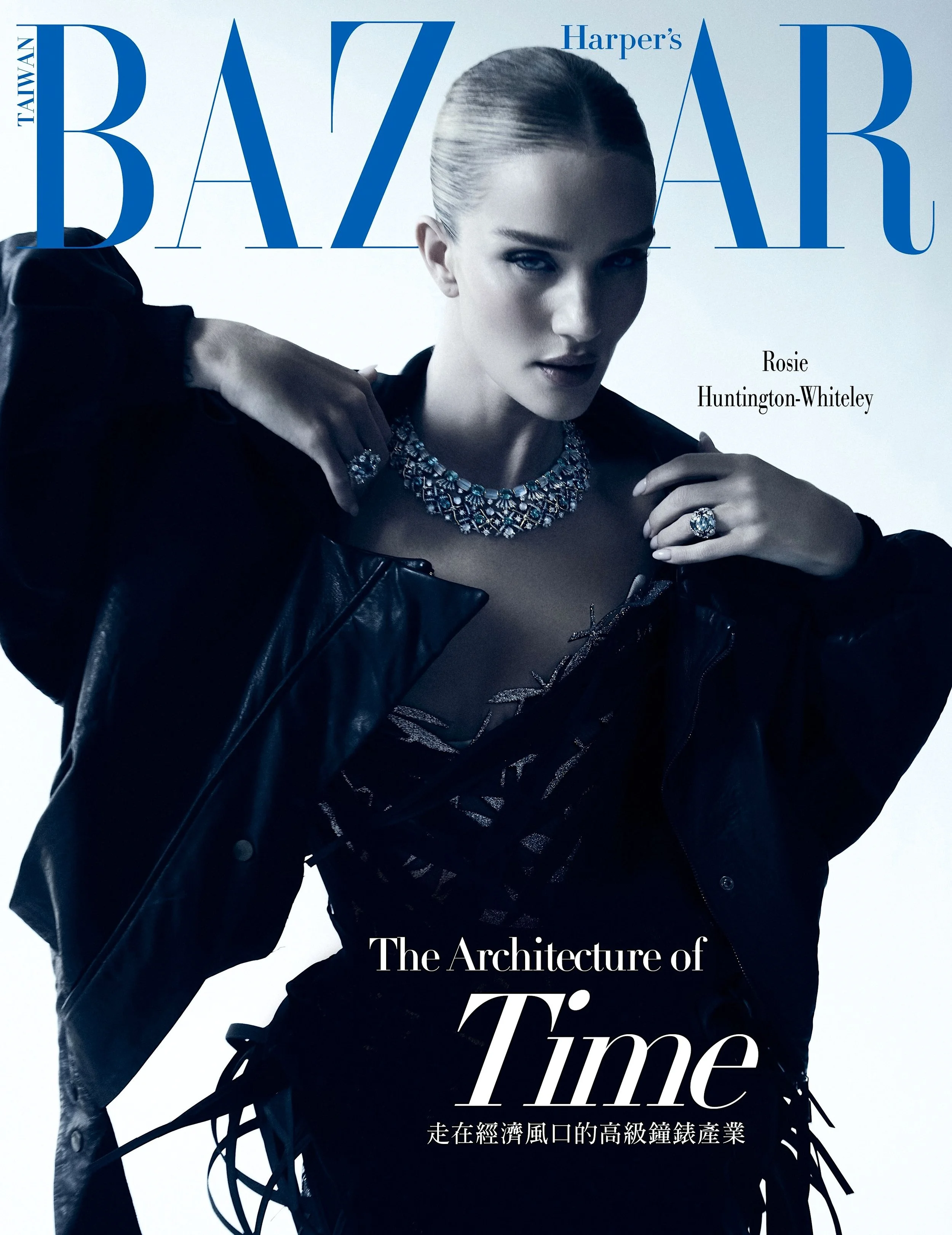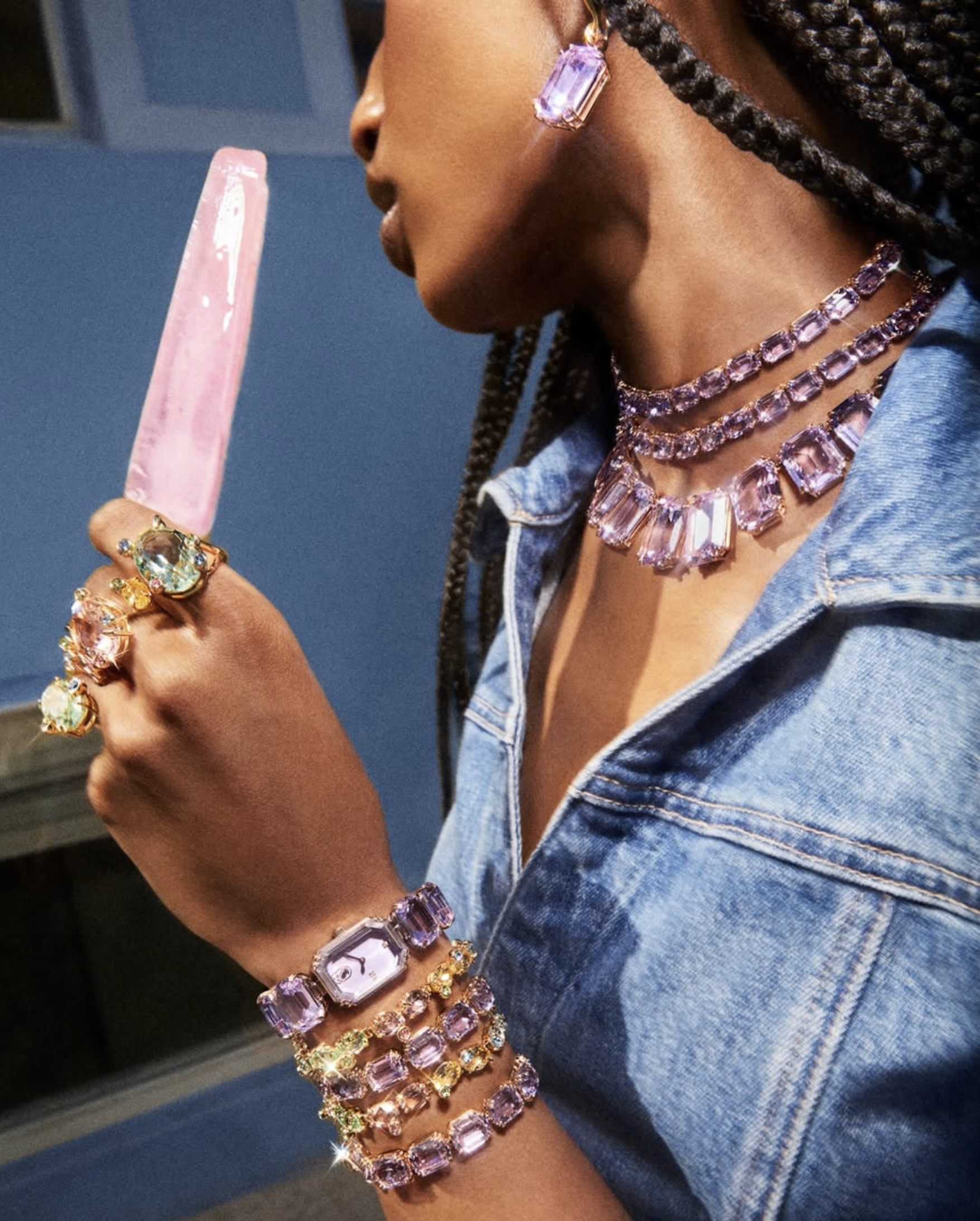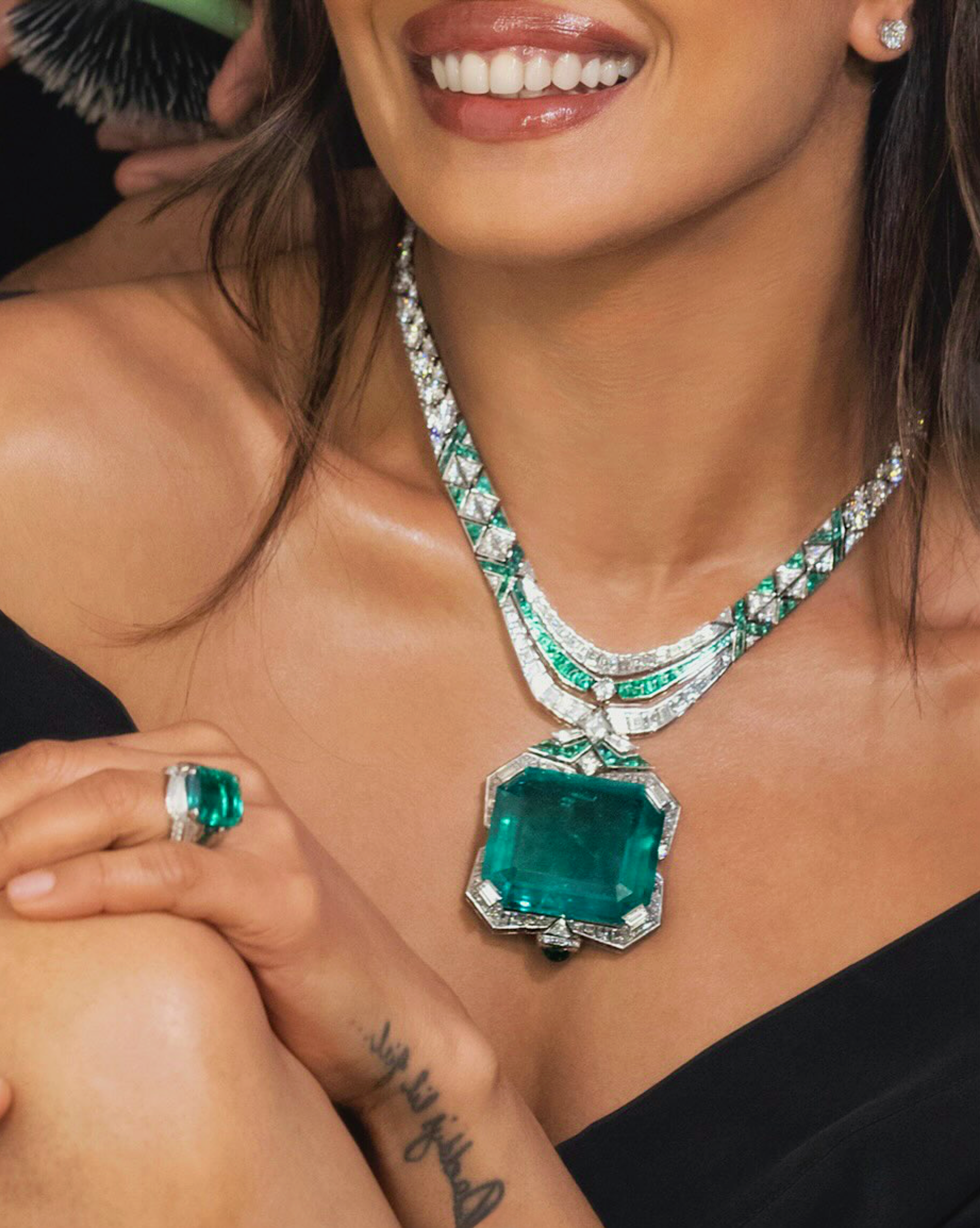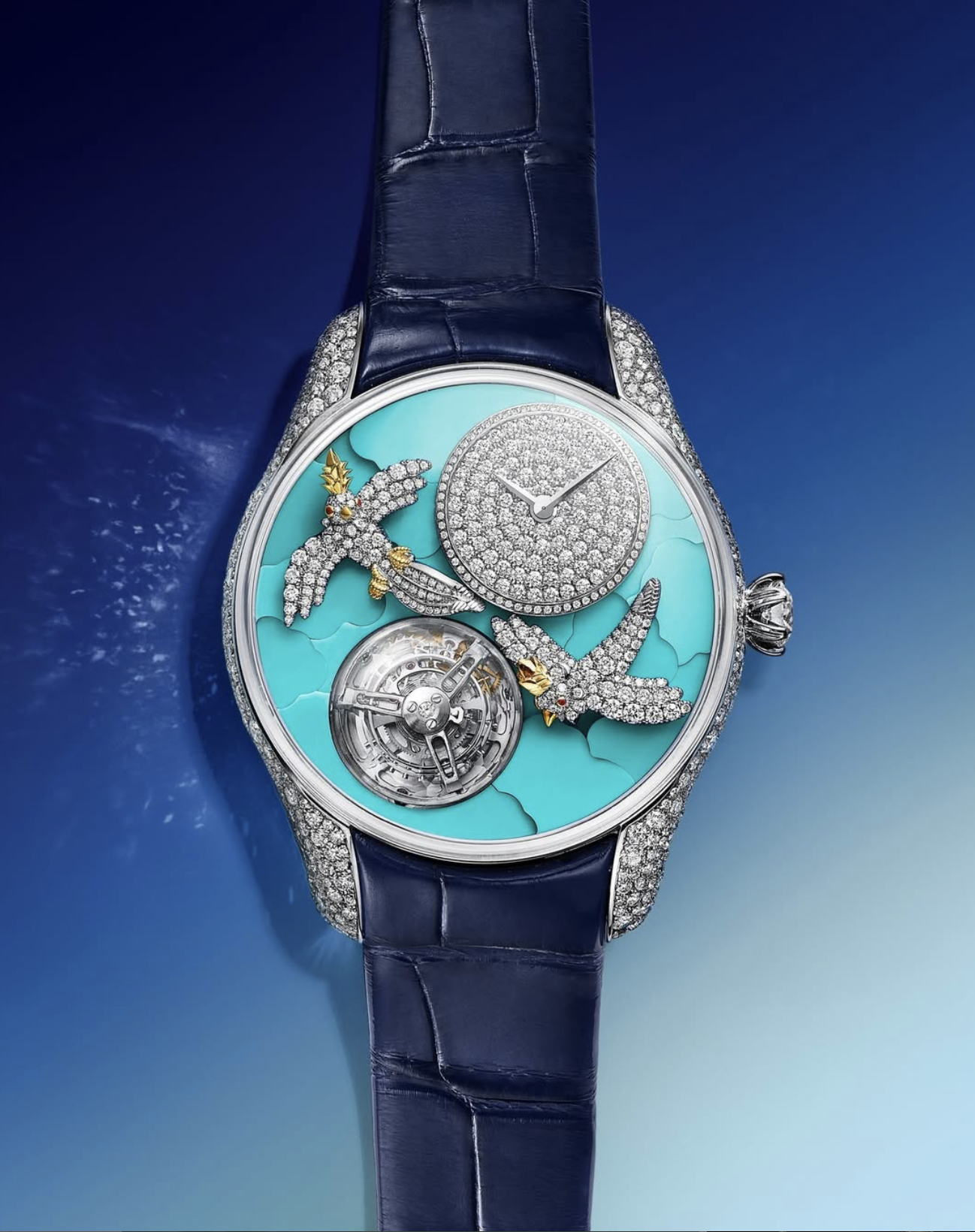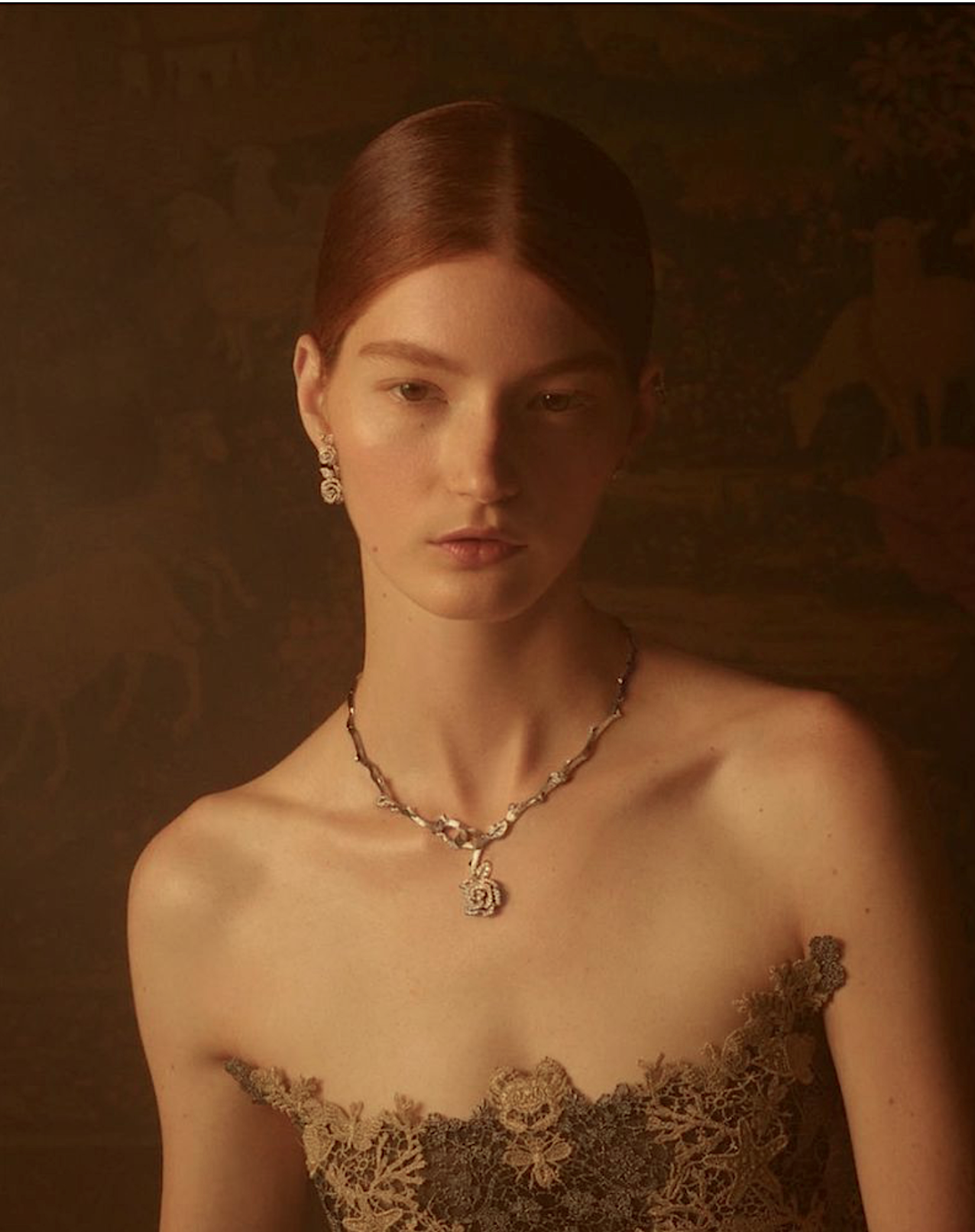Rawdah Mohamed Named Norwegian Fashion Editor of Vogue Scandinavia | Panthère de Cartier in Copenhagen
/Photographer Polina Vinogradova [IG] captures Norwegian model Rawdah Mohamed and Dane Josefine H.J. as part of a series of PR portraits for Panthère de Cartier for Cartier.
The Panthère de Cartier is a creative signature for Cartier since its first sighting in 1914. The collection is on view in Copenhagen from May 31 to June 5.
Rawdah Mohamed at Vogue Scandinavia
Vogue Scandinavia launches in August 2021, led by editor-in-chief Martina Bonnier. Focused on Denmark, Finland, Iceland, Norway and Sweden, sustainability will be a key focus. Rawdah Mohamed, featured here for Cartier, will be the Norwegian Fashion Editor.
Well known for her street style as a hijab-wearing Muslim woman, Mohamed, who is also of Somali heritage, believes that her appointment will impact her community. “It has a huge impact for Muslims, and I see this as [a] collective achievement to better understand the world of fashion,” she said.
Rawdah Mohamed via her Instagram
“Vogue Scandinavia has taken the diversity issue to the next step, meaning creating [a] work environment where people of different backgrounds are being valued,” said Mohamed, whose April Instagram post with “hands off my hijab” written on her hand started a campaign that trended on Twitter, Instagram and TikTok. “We can participate in conversations, take part in decision-making processes and are able to have an influential voice in fashion.”
Support for Religious Freedom Is a Complex Stew of Competing Contradictions
The battle in France against wearing a hijab has been going on for years — and AOC has been part of the discussion. Mohamed is featured in this Reuter’s article about Rawdah Mohamed and other Muslim women who continue to protest the laws in France, first launched in French schools in 2004.
In 2010, France banned the niqab, the full-face Islamic veil, in public places such as streets, parks, public transport, and administrative buildings.
Unlike America — who carves out religious exceptions for businesses who ban to ban birth control in their health care plans or refusing to make a wedding cake for a gay couple seeking to marry — France is committed to its secular, governing identity. This is not a lip service issue in France.
Secularism vs Religious Freedom
AOC embraces totally women wearing hijabs — and always has — but we are also very nervous about the loss of rights to women, people of color, gays, young voters and more under the religious freedom argument.
AOC has never known a Muslim woman to defend these religious rights writ large, and we will gladly publish any op ed written by a verifiable identity that publicly supports 1) the right of French Muslim women to wear a niqab and 2) the right of a French bakery to refuse service to gay people — or to sell a baguette to that niqab-wearing woman — because they have issues with Islam and believe homosexuality is a grave sin.
These two sides of the same coin highlight the complexity of religion in our everyday lives. And the very reason why comments are turned off at AOC lies in the ferocity around this argument.
In America, where we defend religious freedom with a host of laws that discriminate widely — birth control, for example in the famous Hobby Lobby supreme court case — you cannot ban hijabs. You can try, but the right is absolutely protected, unlike in France.
France truly believes in the separation of church and state, and as an American who is frightfully concerned about the US becoming an autocratic, regressive, white Christian nation, AOC supports the separation of church and state and the complexity that accompanies that form of government. ~ Anne





